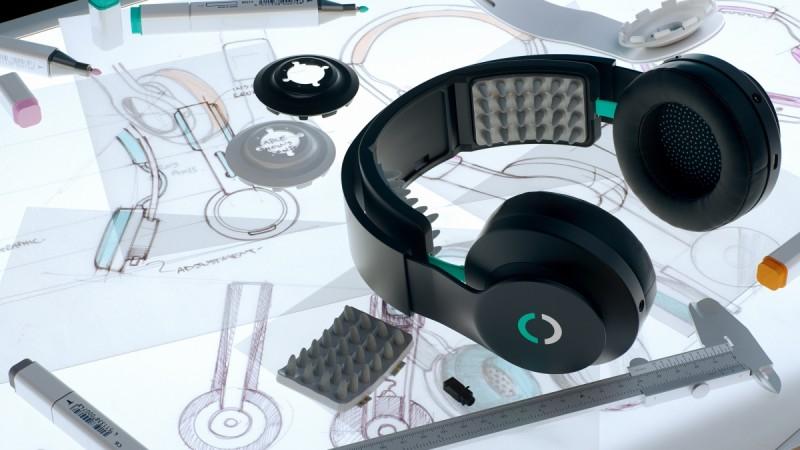
Performance enhancing drugs will soon become a thing of the past and the world's leading athletes will be shocking their brains to shave precious milliseconds off their times. At least, that's what Halo Neuroscience's claims seem to be pointing at.
Halo Neuroscience has foundations helping epilepsy patients through Transcranial direct-current stimulation (tDCS) or neurostimulation, where tiny electrical pulses are used to fire up parts of the brain, and their first mass-market product is a pair of headphones, called the Halo Sport, that uses the same technology.
Halo calls their technology Neuropriming and it "...uses pulses of energy to increase the excitability of motor neurons, benefiting athletes in two ways: accelerated strength and skill acquisition."
When an athlete, say, works his biceps with a dumbbell, the brain sends signals to the muscles in the athlete's arms. These signals causes the muscles to contract and expand, thus allowing the athlete to pick the dumbbell up and do reps. Using Neuropriming, Halo will send pulses of energy to the athlete's brain's motor cortex (the part of the brain that coordinates movement) to make it send stronger, more synchronised signals to the muscles. Halo believes that this will activate more muscle fibres during training, thus leading to significantly better results.
Halo says its not just strength training that can see the effects of Neuropring; it can also be used to make athletes become more precise and improve skills like golf and batting swings.
Halo's offering to athletes is a pair of headphones called the Halo Sport that look a lot like a pair of Beats by Dr Dre and feature foam-tipped nibs that line the inside of the headband — this is where the magic, or rather, where the science happens.
As the athlete trains, these little nibs send tiny electrical signals to the motor cortex of the brain and Halo is eager to explain that the Sport's development involved thousands of hours of double blind testing and extensive case study involving the United States Ski & Snowboard Association and Michael Johnson Performance.
According to Nature, research shows that tDCS can help athletes feel less fatigued, but also points out that the long-term effects of tDCS aren't known. Nevertheless, the results it's producing is strong enough for the U.S. Military to take notice.
The efficacy of tDCS could potentially also bring up a whole new debate on performance enhancement through artificial means. Is it the same as doping even though athletes are merely supercharging their ability to learn?
According to Arstechnica, the headphones, which are currently out of stock, can be picked up for £380 ($550) from Halo's website.















